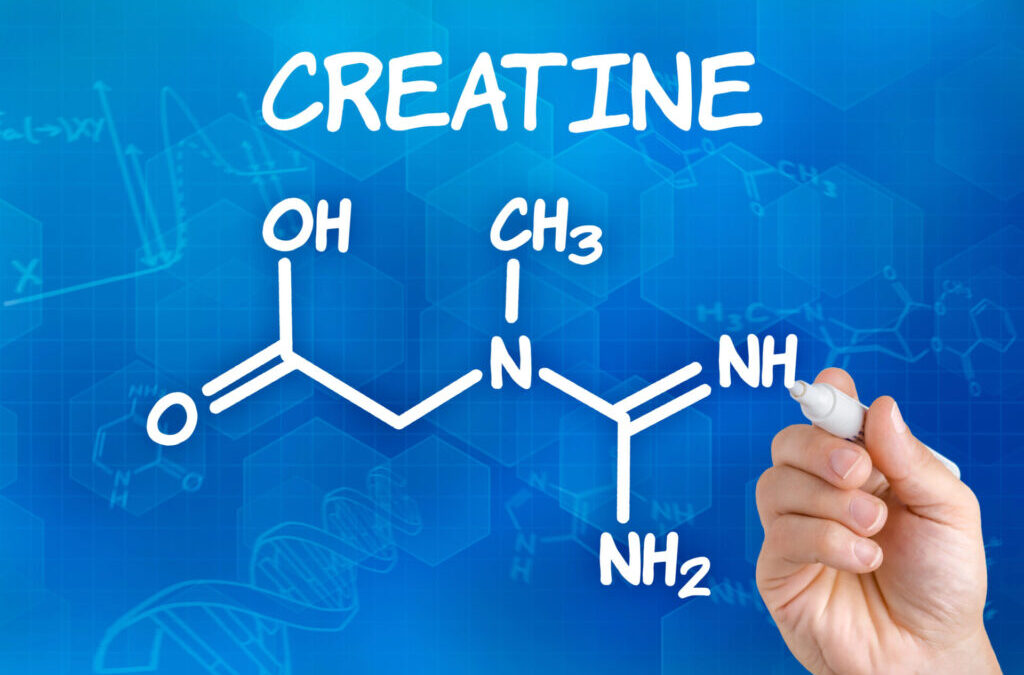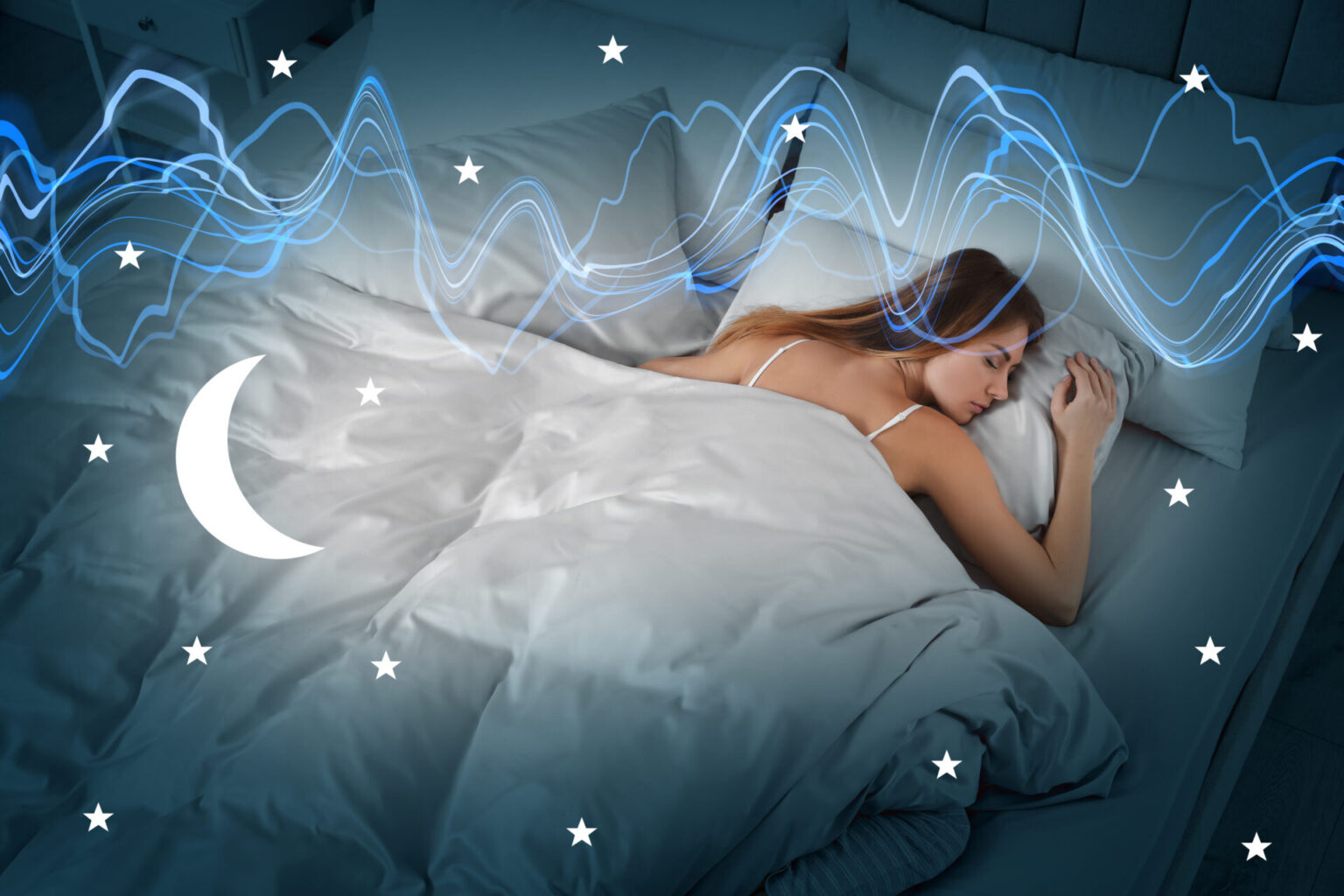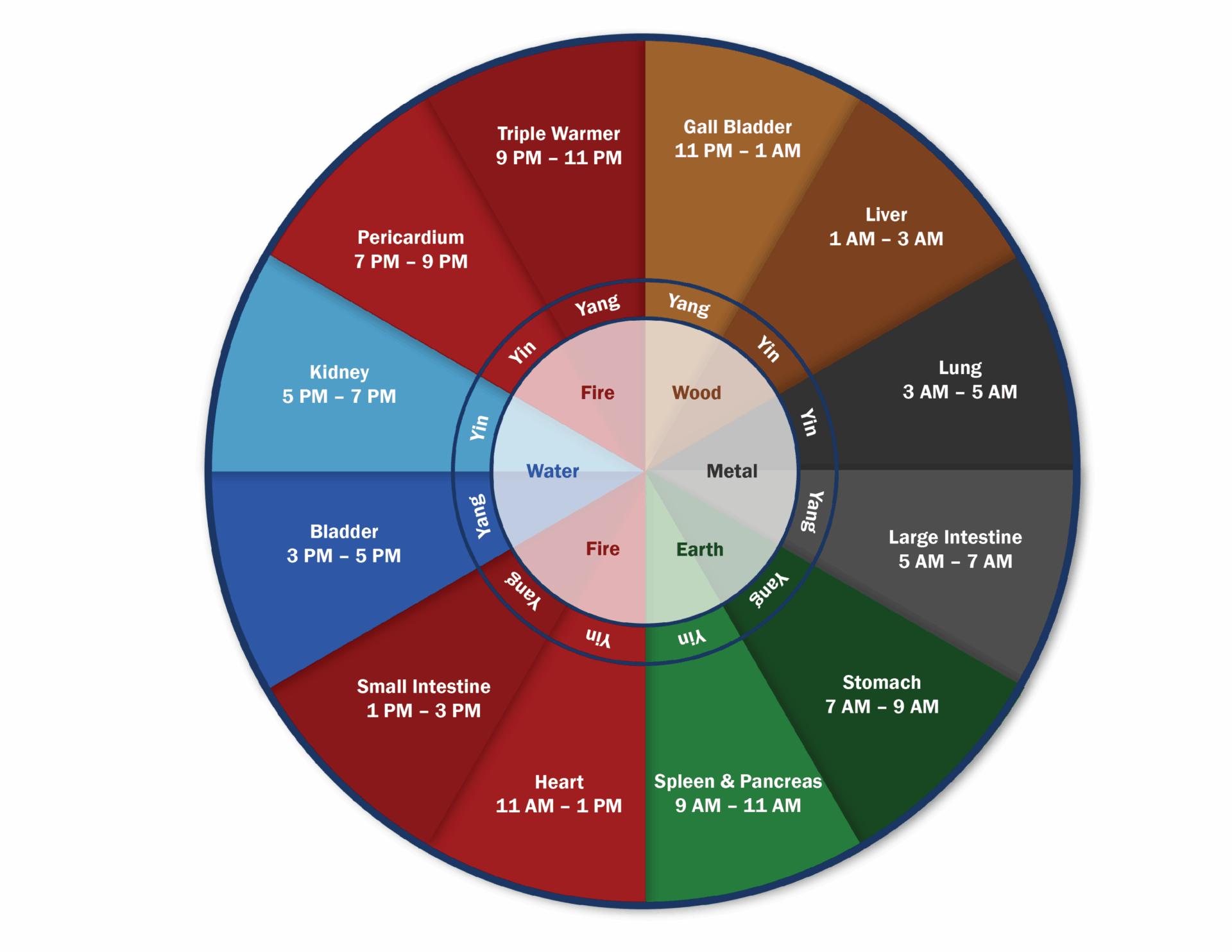[1] Cedernaes, J., Waldeck, N., & Bass, J. (2019). Neurogenetic basis for circadian regulation of metabolism by the hypothalamus. Nature Neuroscience, 22(4), 589–596. https://pages.ucsd.edu/~mboyle/COGS163/pdf-files/Circadian%20clocks%20and%20insulin%20resistance-2018.pdf
[2] Fatima, N., & Rana, S. (2020). Metabolic implications of circadian disruption. Pflügers Archiv – European Journal of Physiology, 472(4), 513–526. https://doi.org/10.1007/s00424-020-02381-6
[3] Brown, P. (2020). Sleep: How quality and duration affect insulin sensitivity and glucose control. Diabetes & Primary Care, 22(4), 129–130. https://diabetesonthenet.com/diabetes-primary-care/sleep-how-quality-and-duration-affects-insulin-sensitivity-and-glucose-control/
[4] Spiegel, K., Tasali, E., Penev, P., & Van Cauter, E. (2004). Brief communication: Sleep curtailment in healthy young men is associated with decreased leptin levels, elevated ghrelin levels, and increased hunger and appetite. Annals of Internal Medicine, 141(11), 846–850. https://doi.org/10.7326/0003-4819-141-11-200412070-00008
[5] Wright, K. P., McHill, A. W., Birks, B. R., Griffin, B. R., Rusterholz, T., & Chinoy, E. D. (2013). Entrainment of the human circadian clock to the natural light-dark cycle. Current Biology, 23(16), 1554–1558. https://doi.org/10.1016/j.cub.2013.06.039
[6] Buxton, O. M., Pavlova, M., Reid, E. W., Wang, W., Simonson, D. C., & Adler, G. K. (2010). Sleep restriction for 1 week reduces insulin sensitivity in healthy men. Diabetes, 59(9), 2126–2133. https://doi.org/10.2337/db09-0699
[7] Gao, Y., Gan, T., Jiang, L., Yu, L., & Tang, D. (2020). Association between shift work and risk of type 2 diabetes mellitus: a systematic review and dose-response meta-analysis of observational studies. Chronobiology International, 37(1), 29–46. https://reference.medscape.com/medline/abstract/31684766
[8] Shostak, A., Meyer-Kovac, J., & Oster, H. (2013). Circadian regulation of adipose function. Adipocyte, 2(4), 201–206. https://www.tandfonline.com/doi/full/10.4161/adip.26007
[9] Hermida, R. C., Ayala, D. E., Mojón, A., & Fernández, J. R. (2013). Influence of circadian time of hypertension treatment on cardiovascular risk: Results of the MAPEC study. Chronobiology International, 30(1–2), 87–98. https://www.tandfonline.com/doi/full/10.3109/07420528.2010.510230
[10] Remchak, M.-M. E., Heiston, E. M., Ballantyne, A., Dotson, B. L., Stewart, N. R., Spaeth, A. M., & Malin, S. K. (2022). Insulin Sensitivity and Metabolic Flexibility Parallel Plasma TCA Levels in Early Chronotype With Metabolic Syndrome. The Journal of Clinical Endocrinology & Metabolism, 107(8), e3487–e3496. https://academic.oup.com/jcem/article/107/8/e3487/6569393
[11] Haber, M., Czachor, A., Kula, P., Juśkiewicz, A., Grelewicz, O., Kucy, N., Servaas, E., Kotula, A., & Siemiątkowski, R. (2024). Ashwagandha as an Adaptogen: Its Influence on Sleep Patterns, Stress Response, and Anxiety in Modern Life. Journal of Education, Health and Sport, 68. https://apcz.umk.pl/JEHS/article/view/55327







